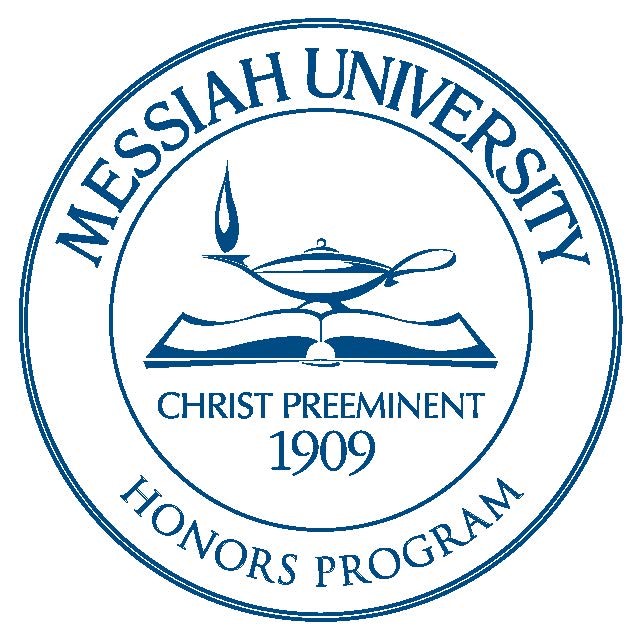Date of Award
12-2003
Document Type
Thesis
Department
Health, Nutrition and Exercise Science
First Advisor
Douglas Miller, Ph.D
Abstract
The rate of anterior cruciate ligament (ACL) injury to female athletes continues to rise at an alarming rate. With this increase in injury, has come the desire to isolate factors that may place female athletes at risk. By targeting these areas, it may be possible to design effective risk reduction training strategies. One specific concern for female athletes is a deficit in hamstring strength. A training method that continues to gain popularity in the athletic community is plyometrics, or jump training. The present study looked at the effects of a six-week plyometrics program on hamstring strength in female collegiate soccer players. The experimental group included ten competitive college soccer players who participated in a periodized program of three fifteen-minute plyometrics sessions each week for six weeks. Pre- and post-test measurements were taken in five functional tests (vertical jump, single leg hop for distance, 6-meter hops for time, five multiple bounds, and modified T-test). Pre- and post-test strength measurements were taken in the variable resistance lRM leg curl test, as well as isokinetic flexion peak torque at 60 degrees/second, at 180 degrees/second, at 360 degrees/second. The experimental group significantly improved in all functional test measurements, lRM leg curl test, and peak torque at 180 degrees/second (p< 0.05). The study data suggests that a plyometrics program may be one effective training method for increasing hamstring strength, as well as decreasing risk of ACL injury in female collegiate athletes.
Recommended Citation
Miller, Melinda B., "The Effects of a Short-term Plyometrics Program on Hamstring Strength in Female Collegiate Soccer Players" (2003). Honors Projects and Presentations: Undergraduate. 231.
https://mosaic.messiah.edu/honors/231


